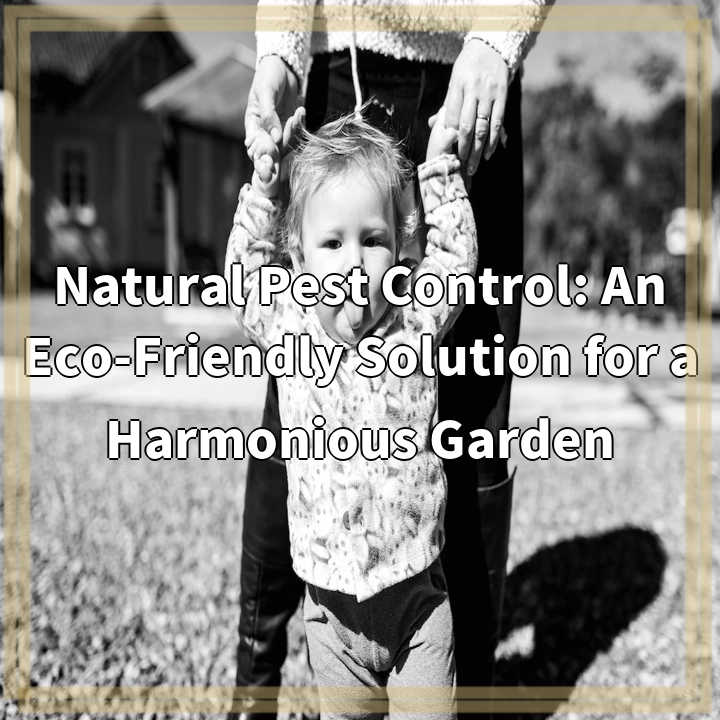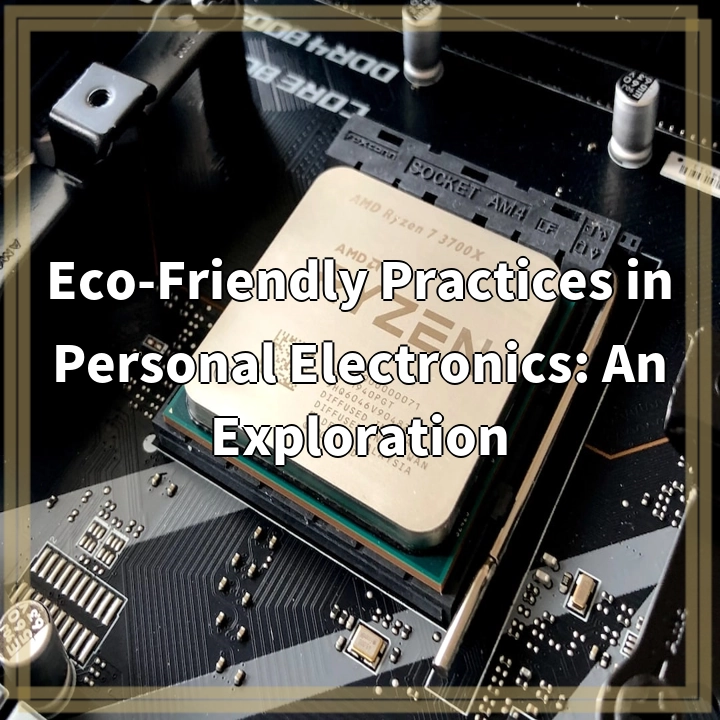
What is Natural Pest Control?
Natural pest control refers to the use of environmentally friendly methods to manage and prevent pest infestations in gardens and outdoor spaces. Instead of relying on harmful pesticides and chemicals, it involves implementing techniques that work in harmony with nature, promoting a balanced ecosystem while effectively controlling pests.
Real-World Problems Associated with Natural Pest Control
Natural pest control methods, although beneficial for the environment, do present some challenges in real-world scenarios. Understanding and addressing these problems can help ensure successful implementation and results.
1. Limited Effectiveness
Natural pest control methods, such as using beneficial insects or companion planting, may not always provide complete eradication of pests. They can be slower compared to chemical pesticides, and it may take time to achieve desired results. It requires patience and consistent application of organic remedies to control the pests effectively.
2. Specificity
Some natural pest control methods are species-specific, meaning they target only certain pests. While this can be advantageous, it may also lead to the proliferation of other pests. For example, introducing ladybugs to control aphids can be effective, but it does not target other types of insects that may also harm plants.
3. Need for Knowledge and Expertise
Implementing natural pest control methods successfully requires a good understanding of the pest lifecycle, beneficial insects, companion planting, and other organic techniques. Lack of knowledge or improper application may result in ineffective pest control and may lead to further damage to the garden.
4. Time and Commitment
Natural pest control methods often require continuous monitoring and active management. Regular observation of the garden, identifying pest populations, and implementing appropriate measures can be time-consuming. It requires a commitment to sustainable gardening practices and willingness to invest time and effort in pest control.

Solutions for the Real-World Problems of Natural Pest Control
1. Enhance effectiveness
While natural pest control methods may take longer to show results, there are techniques to enhance their effectiveness. Regular monitoring, early detection of pest infestations, and prompt action can help prevent pests from spreading and causing extensive damage. Additionally, combining multiple organic strategies can create a synergistic effect, improving overall pest control.
2. Implement a holistic approach
To address the issue of specificity in natural pest control, it is important to take a holistic approach. Instead of focusing on a single pest, consider the entire ecosystem within the garden. Encourage biodiversity by creating habitat diversity and incorporating a variety of plant species. This can attract natural predators and help maintain a balanced pest population naturally.
3. Gain knowledge and seek guidance
Investing time in learning about organic pest control techniques and seeking guidance from experts can greatly enhance success. Research local pest species and their vulnerabilities, study companion planting and beneficial insect relationships, and attend workshops or classes on organic gardening. With the right knowledge, the implementation of natural pest control becomes more effective.
4. Time management and commitment
Pest control, whether natural or conventional, requires time and commitment. Set aside regular intervals for garden maintenance, observation, and pest management. Create a schedule for implementing organic remedies, such as homemade organic sprays or introducing beneficial insects, to ensure consistent control measures. Prioritizing and dedicating time to the garden will ultimately lead to a more harmonious and pest-resistant environment.















